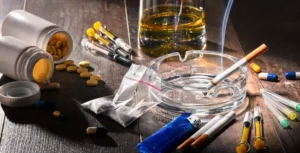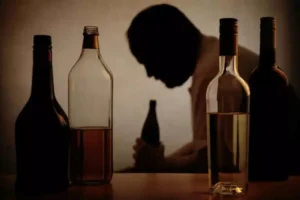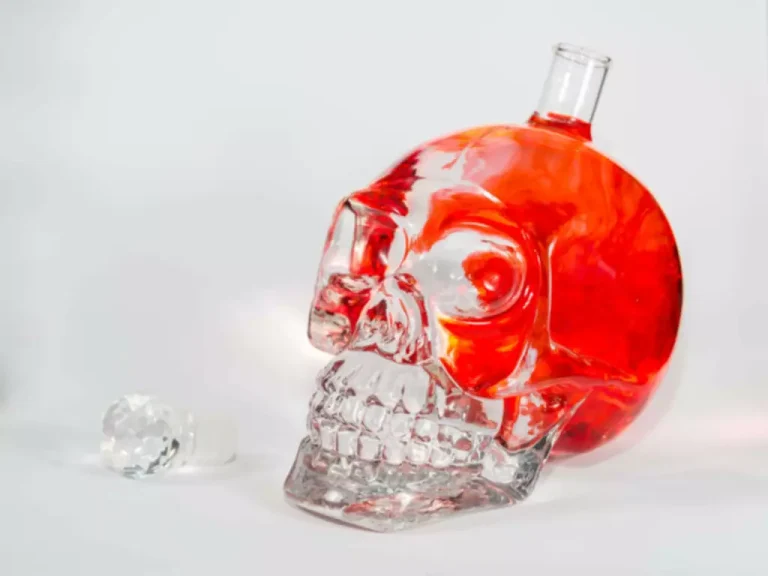
Another aspect of an effective relapse prevention plan for the holidays acknowledges an individual’s engagement in continuing treatment. Individuals in early recovery are likely involved with an intensive treatment program. However, some facilities may offer reduced sessions or reduced time spent at the facility throughout the holiday season. Fortunately, many recovery programs know that temptations only get stronger during the holidays. This is why most facilities offer support group meetings, such as Alcoholics Anonymous, to help keep one another accountable for their sobriety. While the holidays can be a magical time for many of us, for those in recovery (especially early recovery) they can be a source of anxiety, fears of relapse, and a time of feeling even more conspicuous than usual.
Preparing For A Sober Holiday Season
Decide in advance how much you’re comfortable sharing about your recovery journey. It’s okay to keep explanations brief and redirect conversations if needed. It’s important to know that the holidays don’t have to feel like a celebration. You can give yourself permission to simply be where you are emotionally.
- For a newly sober person the holiday season can be particularly difficult.
- According to recent data, approximately 21 million American adults are in recovery from alcohol and other drug addiction (SAMHSA, 2021).
- In order to avoid misunderstanding, talk these things out with them in advance.
- Moreover, as public awareness about the disease of addiction increases, the less stigmatized it will be and the more openly our society will celebrate recovery.
If you’re a family member or friend hosting someone in early recovery:

Be aware of the consequences of your use, and don’t choose to lose the progress you have been working so hard to make! Remember, the addiction recovery process does not necessarily end once you are no longer residing at a rehab facility. It can sometimes be difficult to transition back into life outside the sober living community. That is why it helps to focus on all the hard work that has gone into your recovery, and what the consequences might be to throw that away.

Don’t take boundary-setting personally.
- It can be easier to avoid alcohol at a party if you aren’t the only one staying sober.
- If family drama was a trigger for you to use drugs or alcohol, you need to do your best to avoid it.
- It is most important to find the right balance for your individual needs during the holiday season.
- Be aware of the consequences of your use, and don’t choose to lose the progress you have been working so hard to make!
- The care team ensures clients have access to the tools and resources they need to manage potential challenges and overcome any issues they may encounter.
If you or someone you know is struggling with addiction, don’t hesitate to seek help and support. Your journey to recovery is a path toward a brighter and more fulfilling future, and the holiday season can be a season of healing and transformation. Thanks to COVID-19 vaccines, this year’s holiday season is likely to feel more “normal” than last year, with family gatherings, holiday parties, and many other traditional festivities making a cautious return. According to recent data, approximately 21 million American adults are in recovery from alcohol and other drug addiction (SAMHSA, 2021).
Give yourself permission to excuse reframing holidays in early recovery yourself for the sake of your own well-being and to protect your sobriety. Find someone to turn to in case you feel the need to drink during holiday festivities. If you worry that certain activities might trigger anxiety, avoid the gathering all together. You’re not obligated to attend every function, especially if it could be dangerous to your recovery. Unfortunately, this feeling doesn’t last, so they will try to recapture it over and over again.




